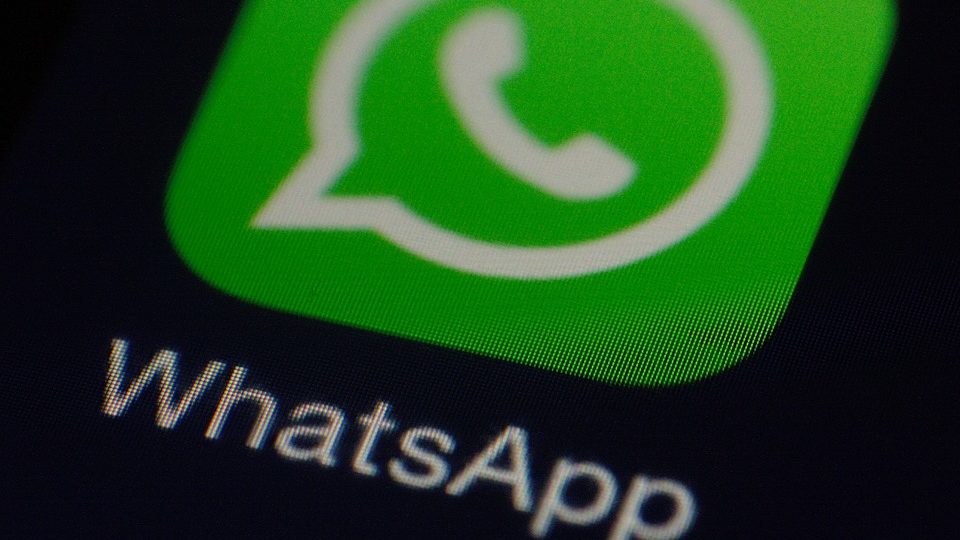Leading up to Global Encryption Day (Oct. 19), a celebration of the technology that keeps our digital communications secure, WhatsApp conducted an online survey to gauge how much its Singaporean users value their privacy.
The results were surprising: while more than seventy per cent of respondents said that they wanted their messages to be shielded from prying eyes by end-to-end encryption, only twenty percent said that they actually used the privacy features available on the app.
Singaporeans are not careless when it comes to online safety, though. They are quick to report and block unsolicited messages from strangers, and to leave dubious group chats. But they seem to have a blind spot when it comes to protecting their own conversations with friends and family.
WhatsApp, which is used by more than two billion people worldwide, is one of the most popular apps in Singapore. It is a daily staple for many Singaporeans, who use it to chat with friends, share photos and videos with relatives, and exchange documents with co-workers or contractors. The app is designed to be simple and reliable, but also private. By default, all messages are encrypted end-to-end, meaning that only the sender and the receiver can read them, and not even WhatsApp itself can access them.
But encryption is not enough to ensure complete privacy. WhatsApp also offers other features that users can enable to enhance their security, such as Chat Lock, which requires a password or biometric authentication to open the app; Silence Unknown Callers, which blocks voice and video calls from numbers not in the contact list; Disappearing Messages, which automatically deletes messages after a certain period of time; and Encrypted Backups, which protects the backup files stored on the cloud.
Users can check and adjust their privacy settings by going to Settings>Privacy>Privacy Checkup within the app, and choose the options that suit their needs.
How private are your messages?

According to the survey, only twenty percent of Singaporeans said that they actively enabled privacy settings on WhatsApp and other private messaging apps when talking to their friends and family.
More than seventy percent of Singaporeans considered themselves private people, and said that they made sure that all their chats were encrypted end-to-end, so that no one else could see them.
Only thirty percent of Singaporeans used Disappearing Messages to keep their group chats private. WhatsApp allows users to set their messages to vanish after twenty-four hours, seven days, or 90 days.
Ninety percent of Singaporeans said that they would immediately block and report suspicious messages from unknown numbers offering freebies.
Sixty percent of Singaporeans knew how to prevent strangers from adding them to unwanted group chats by changing their privacy setting from “Everyone” to “My Contacts” under “Who can add me to groups”.
Fifty percent of Singaporeans said that they actively set an image to View Once when sharing something sensitive, such as a photo containing financial information.




